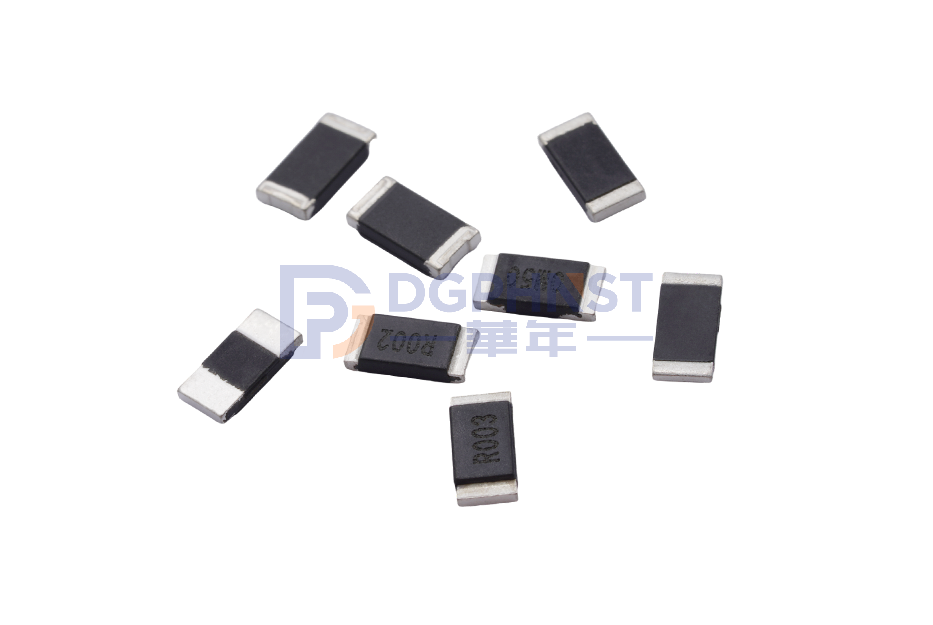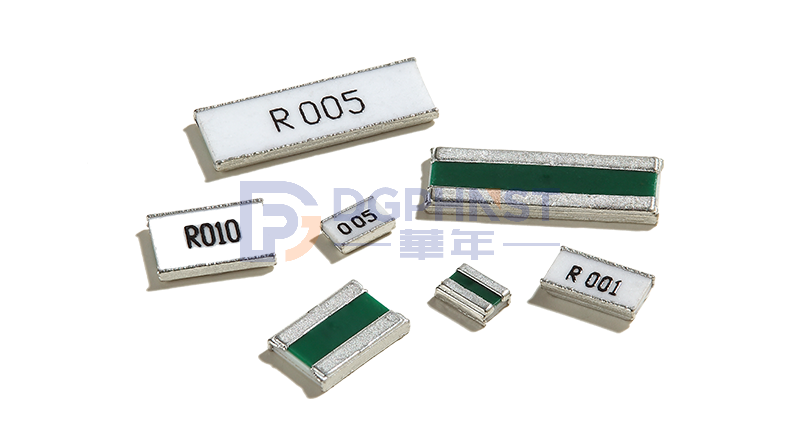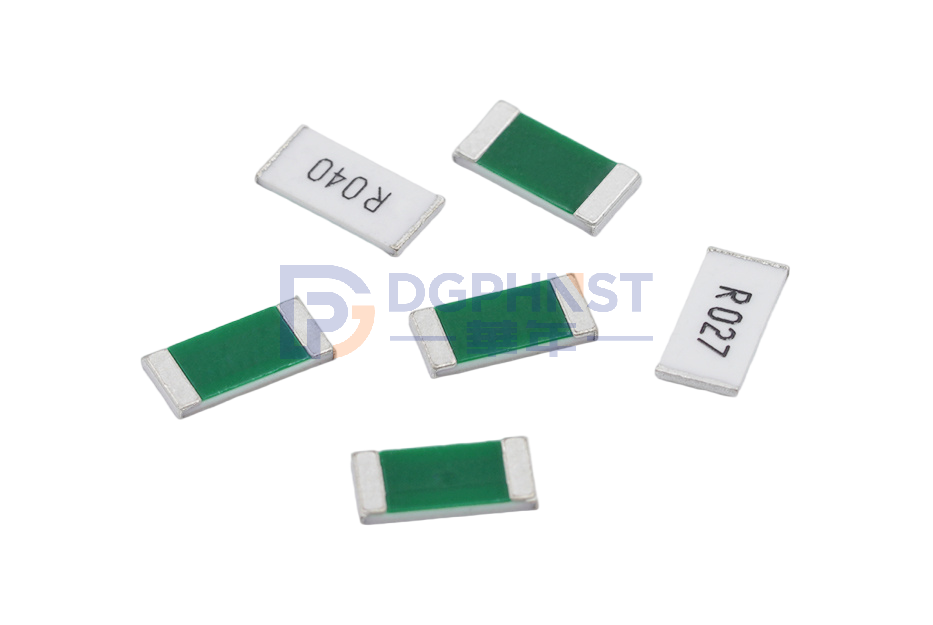Choosing a suitable current sensing resistor is crucial for the normal operation and performance improvement of the circuit. The following are some parameter characteristics that need to be noted during selection and methods for selecting a good current sensing resistor.
Firstly, it is necessary to determine the current range and accuracy requirements. Determine the working range and required measurement accuracy of the current sensing resistor based on actual needs. The current range should include the minimum and maximum current values that need to be measured to prevent excessive or insufficient measurement range. The accuracy requirements determine the accuracy and reliability of the selected electrical resistance measurement.
Secondly, it is necessary to consider the resistance value and power dissipation capacity. The selection of resistance value should be determined based on the current range in the circuit. If the resistance value is too small, the voltage drop on the current sensing resistor may be very small, leading to an increase in measurement error; If the resistance value is too large, the voltage drop of the current sensing resistor itself will also increase, affecting the performance of the circuit. The power dissipation ability determines the amount of power that the current sensing resistor can withstand, avoiding overload and damage.
In addition, it is also necessary to consider the temperature coefficient and frequency response of the current sensing resistor. The temperature coefficient determines the change in resistance value of current sensing resistance at different temperatures, and a stable current sensing resistance can reduce the impact of temperature on measurement. The frequency response determines the measurement accuracy of the current sensing resistor at different frequencies. If the current sensing resistor has a significant error at a specific frequency, it may affect the operation of the circuit.
In order to choose a good current sensing resistor, one can refer to the evaluations and experiences of other users and choose trusted brands and suppliers. Conduct actual testing and verification before purchasing to ensure that the selected current sensing resistor meets the requirements. In addition, understanding the characteristics and performance of current sensing resistors of different brands and models, comparing their advantages and disadvantages, can help us make better choices.
Selection center for current sensing resistor: hnstshop.com/product-list-G10001-p1.html" target="_blank" rel="noopener">ELLON
Click on the image to enter the selection center
In summary, selecting a suitable current sensing resistor requires consideration of parameter characteristics such as current range and accuracy requirements, resistance value and power dissipation capacity, temperature coefficient, and frequency response. By referring to the evaluations and experiences of other users, selecting trusted brands and suppliers, and conducting actual testing and verification, we can select current sensing resistors that meet the requirements, improving the performance and reliability of the circuit.





